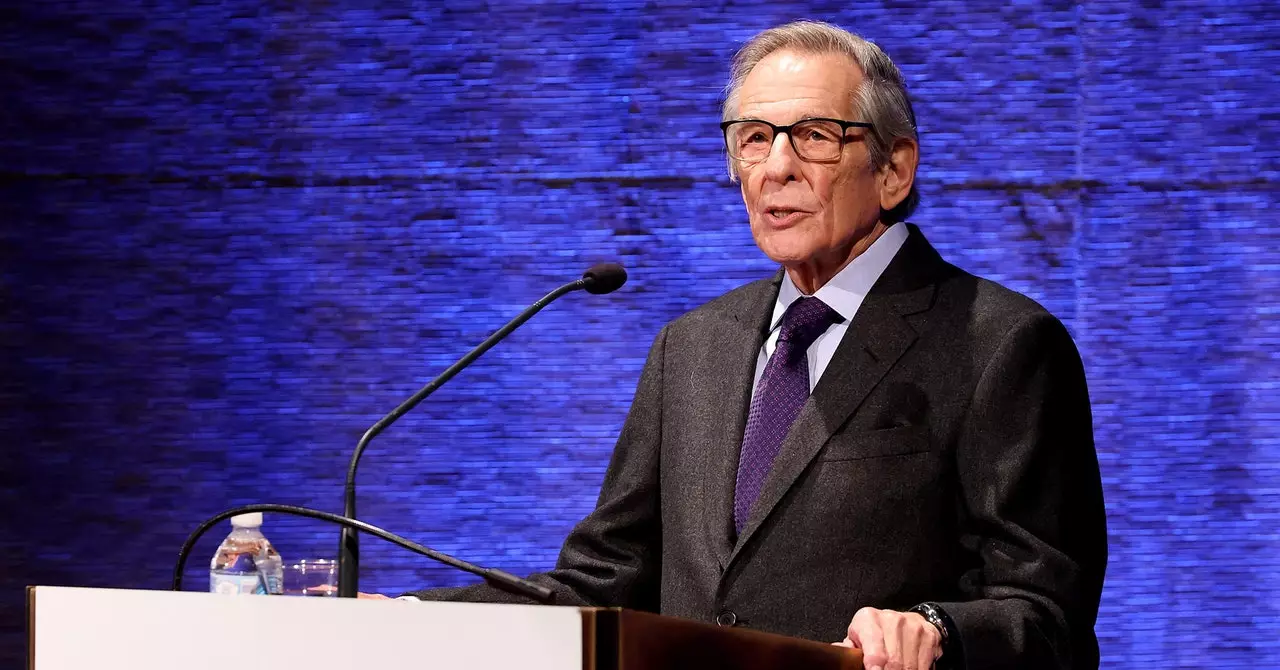In an era where time is a premium commodity, the tendency to rely on shortcuts in communication has become alarmingly prevalent. This trend, embraced by many organizations seeking efficiency, poses significant risks to the quality of decision-making and the integrity of leadership. Notably, leaders like Jeff Bezos have recognized these dangers and sought innovative methods to cultivate thorough understanding and engagement in their teams. This article explores the implications of bypassing substantive discourse in favor of summaries and the potential consequences for organizational culture.
Jeff Bezos, the visionary founder of Amazon, made headlines not just for his business acumen but also for his novel approach to meetings. By banning PowerPoint presentations—an enigmatic yet enticing tool for conveying information—he shifted the focus from superficial slides to substantive discussion. Instead, Bezos introduced the concept of a detailed six-page memo, or “6-pager,” requiring substantial thought from team members before proposing ideas. This method not only promotes clarity but compels individuals to meticulously examine their proposals, ensuring that each word serves a purpose.
During meetings, participants are given time to read these memos in silence, a contrast to the typical fast-paced presentations that often dominate corporate discourse. This ritual fosters an environment where individuals engage deeply with the material, fostering richer conversations. In stark contrast to the quick summaries that are increasingly popular, this approach cultivates a culture of accountability and critical thinking—qualities essential for effective leadership.
While the convenience of succinct summaries may appear beneficial, there is a darker underbelly to this practice. As organizations increasingly rely on condensed information, employees may find themselves disengaged from the underlying content. Ninety percent of communication is lost when details are trimmed for brevity, which can lead to misunderstandings and shallow analysis.
Relying heavily on summaries can create a dangerous dependency on artificial intelligence and other technologies tasked with condensing vast amounts of information. Although large language models (LLMs) have the capacity to sift through texts and identify key points, there is a risk of complacency in critical thinking skills. When individuals artificially distance themselves from original texts, they forfeit their opportunity to hone analytical abilities and develop their voices as writers. This erosion of skill could lead to a culture where creativity and narrative depth are sacrificed for the sake of efficiency.
The rise of AI technologies has certainly transformed the landscape of corporate communication. Tools like Otter.ai facilitate seamless meeting transcriptions and summaries, allowing leaders to focus their attention elsewhere. However, do these advancements enhance productivity, or do they foster a growing disconnect among team members? During a conversation with Sam Liang, the CEO of Otter, he expressed a certain ambivalence towards the potential withdrawal of human presence in meetings due to the availability of AI-generated summaries.
Leaders may opt to skip meetings, believing they can glean essential insights from an AI-generated overview. This practice not only diminishes the personal interactions that drive collaboration but raises questions about the value of in-person discussions. The presence of a leader in a meeting often signals importance and can catalyze engagement. Conversely, if leaders become disengaged due to reliance on technology, the overall dynamism of team interactions may deteriorate over time.
As we navigate the landscape of modern communication within organizations, a balance must be struck between employing efficient tools and fostering thorough understanding. Leaders should consciously encourage dialogue that transcends mere summaries to champion creativity, critical thinking, and engagement. By embracing the complexity of ideas and investing in clear communication, organizations can cultivate a culture of innovation that propels them toward long-term success. The future of effective leadership hinges on the willingness to challenge shortcuts and prioritize depth over expediency. In doing so, we honor the rich tapestry of thought that underpins meaningful collaboration.

